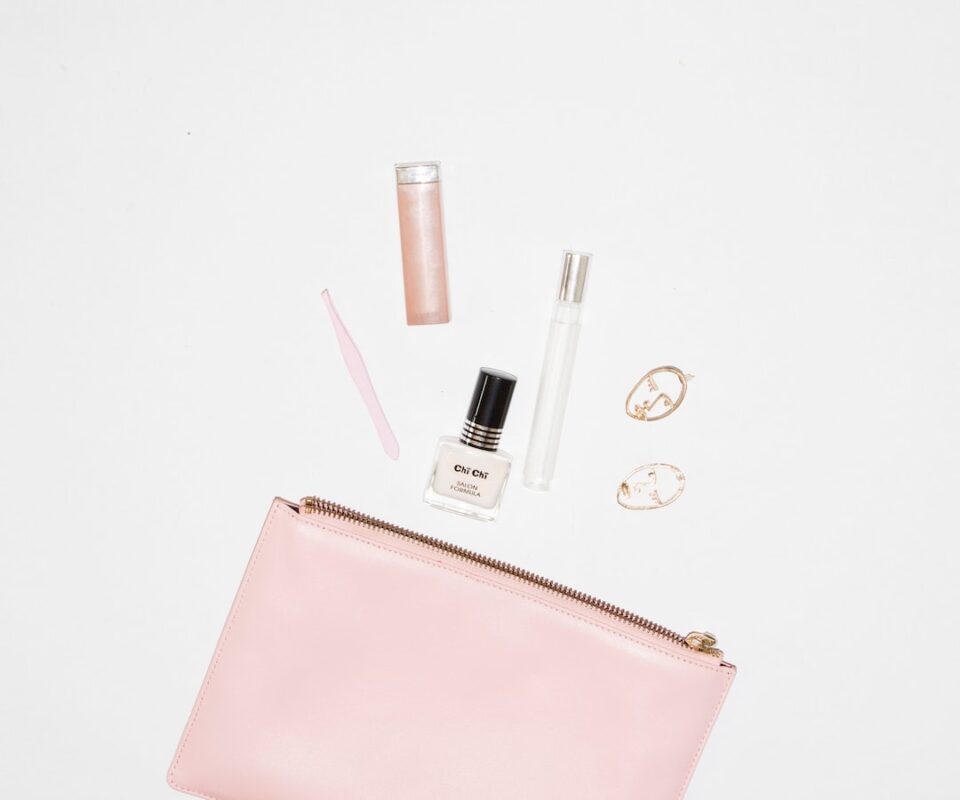The Impact of Stress on Your Skin: Coping Mechanisms
In our fast-paced modern world, stress has become an inevitable part of our lives. Whether it stems from work, relationships, or financial pressures, stress can have profound effects on our overall well-being. One area that is particularly susceptible to the negative impact of stress is our skin. The connection between stress and the skin is often overlooked, but researchers have increasingly found evidence that the two are closely linked. Understanding these effects and implementing coping mechanisms can help maintain healthy, glowing skin even in times of high stress.
One of the most visible effects of stress on the skin is the increase in acne breakouts. When we are stressed, our body releases a stress hormone called cortisol. Elevated cortisol levels can stimulate the production of oil in the skin, leading to clogged pores and the subsequent formation of acne. Additionally, stress can weaken the skin’s barrier function, making it more susceptible to irritation and inflammation. This can result in a variety of skin conditions such as eczema, psoriasis, and rosacea.
Furthermore, stress can contribute to premature aging of the skin. Research has shown that chronic stress can lead to a decrease in collagen production, a protein responsible for maintaining the skin’s elasticity and youthfulness. As collagen levels decline, fine lines, wrinkles, and sagging skin become more prominent. Stress can also disrupt the skin’s natural repair and renewal processes, preventing it from recovering effectively from environmental damage and the effects of aging.
Fortunately, there are coping mechanisms that can help mitigate the negative impact of stress on the skin. One of the most effective ways is to adopt a consistent skincare routine that addresses the specific concerns caused by stress. Cleansing the skin twice a day with gentle, non-irritating products can help remove excess oil and prevent pore congestion. Additionally, incorporating products with ingredients such as salicylic acid or benzoyl peroxide can help combat acne breakouts. Moisturizing regularly with products containing hydrating ingredients like hyaluronic acid or ceramides can help strengthen the skin’s barrier and reduce inflammation.
In addition to skincare, incorporating stress-reducing activities into your daily routine can have significant benefits for your skin. Engaging in regular exercise, practicing mindfulness and meditation techniques, and getting enough sleep are all effective ways to lower stress levels. Furthermore, seeking support from loved ones or professional counseling can also provide immense relief from stress.
Ultimately, managing stress is crucial not just for maintaining healthy skin, but also for overall well-being. By understanding the impact of stress on the skin and implementing effective coping mechanisms, we can strive to achieve a healthier mind and body. So, take a deep breath, prioritize self-care, and watch your skin glow with vitality, even in the face of stress.

